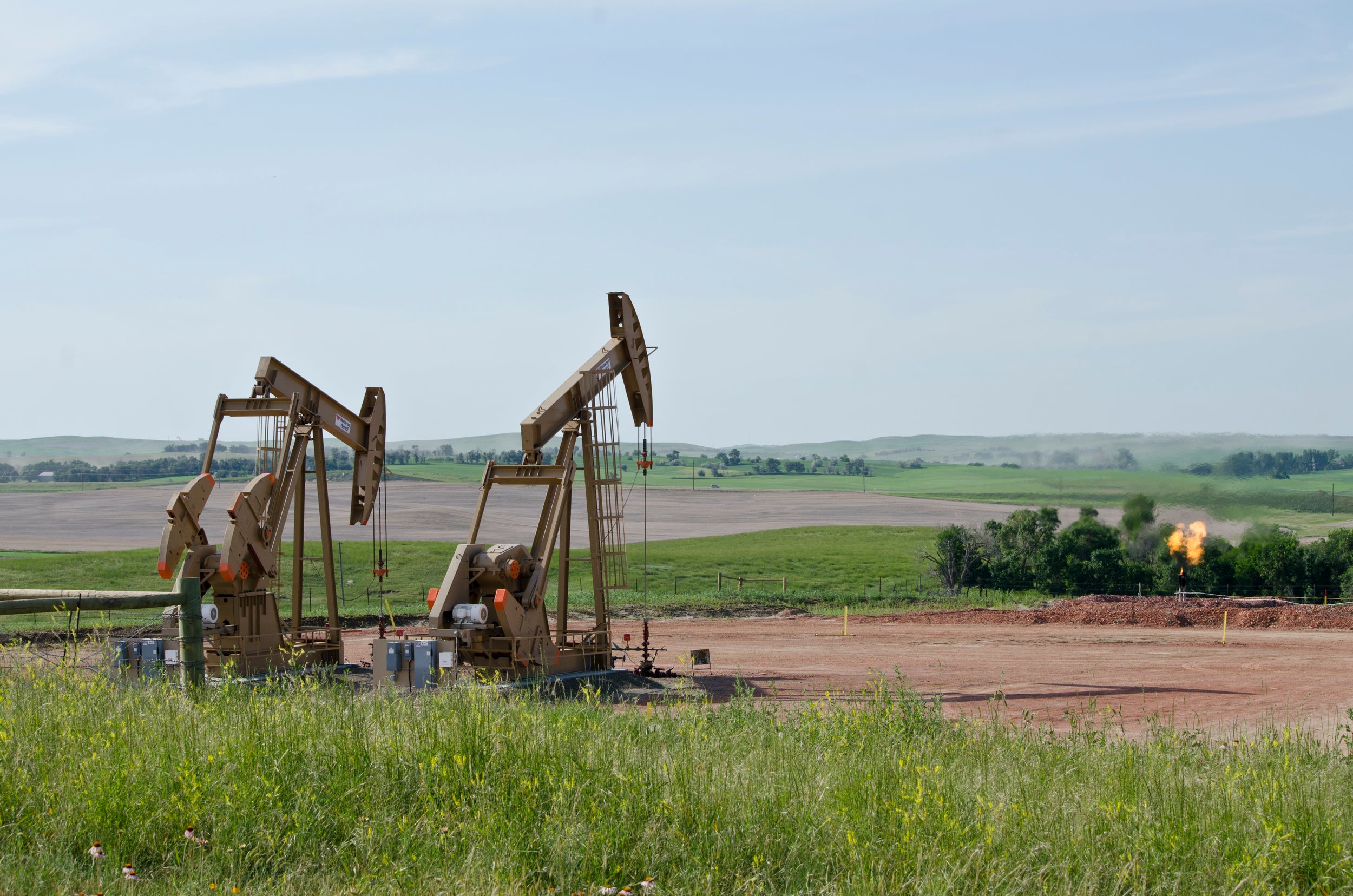Image source: Tim Evanson, Flickr
Three lessons industry should learn from surprising methane loss
Share
This post originally appeared on Forbes.
 Last week, the oil and gas lobby suffered a major and unexpected loss, when the Republican controlled Congress refused to eliminate the Bureau of Land Management’s (BLM) natural gas waste rule. While API has since requested a two-year stay in compliance, they should instead pause, learn the lessons presented by the CRA, and move forward according to the wishes of the American public.
Last week, the oil and gas lobby suffered a major and unexpected loss, when the Republican controlled Congress refused to eliminate the Bureau of Land Management’s (BLM) natural gas waste rule. While API has since requested a two-year stay in compliance, they should instead pause, learn the lessons presented by the CRA, and move forward according to the wishes of the American public.
Here are three lessons industry should learn.
1. They misread the mood of the American public
In the early days of the Trump Administration, its anti-climate, anti-environment agenda came into sharp focus. This looked like a golden opportunity to roll back environmental safeguards, including the BLM protections, which minimize the unnecessary flaring, venting, and leaking of natural gas on federal and tribal lands. With President Trump still in the early days of his victory, and single party control of both Houses of Congress, some saw a political opening, or even a voter mandate to weaken environmental protections.
But what they saw was a mirage: Absolutely no one voted for more pollution.
The oil and gas industry misread the mood of the American public when it comes to public health, environment, and waste of our nation’s valuable energy resources.
American voters from all over the country expressed their deep opposition to this rollback. National polling showed over 70% of voters wanted to keep the BLM rule. From ranchers to institutional investors, and tribal leaders to a broad swath of environmental and health activists, Americans stood up and spoke out.
Industry and Congress expected to win easily, but they didn’t have their finger on the pulse of a country whose citizens refuse to choose between energy they can reasonably afford and air they can safely breathe; economic opportunity they can believe in, and a climate that will be hospitable in the years to come.
2. They need to think about rules as investments
Industry tends to either view rules as a cost or as an investment. Unfortunately, those that saw the BLM rule as a cost had the loudest voices within industry, and that paved the way for overreach.
It’s time for industry to listen to its leaders who fall in the second camp. Yes, rules are not costless. Yes, companies will need to expend modest resources on implementing best practices, reporting, and other compliance activities.
But those are investments. Investments in responsible operations. Investments in the communities where they work. Investment in building trust with civil society, regulators, and long-term investors getting increasingly nervous about the hissing leak methane punctures in the value proposition of natural gas in a lower carbon future.
The irony is that the biggest cost to industry’s standing and license to operate – not to mention efficiency in conserving natural resources – would come in not making those investments.
As industry lobbies EPA to review its own methane rule, they should take stock of lessons learned from the BLM experience.
3. There is a plus side.
It’s also time to see what opportunities the BLM rule offers.
First, the BLM rule takes aim at routine flaring – which is not just an eyesore, but represents a loss of natural gas and a waste of taxpayer dollars. Operators should now make the investments and operational changes needed to end this wasteful practice.
Second, the BLM rule requires semi-annual leak detection and repair practices at well pads, and quarterly inspections at compressor stations. As these requirements (and similar ones from EPA and in several states) remain in force, industry has every incentive to support innovation in technologies and practices to detect leaks even more quickly and efficiently than ever before.
A growing industry is ready to step up to this challenge: Start-ups like Quanta3, made-in-America businesses like Sensit, and even large firms like IBM are here to learn about operator needs, to demonstrate their technologies and approaches, and to build a factual record that can support regulatory approval as an alternative. These win-win opportunities are good for the environment and for business, but they won’t be seized without industry leadership.
The BLM and EPA rules are both opportunities for industry, not just costs. Industry should take note, and move forward heeding the wishes of the majority of Americans.












One Comment
Very interesting blog :)
Thank you very much for sharing important information